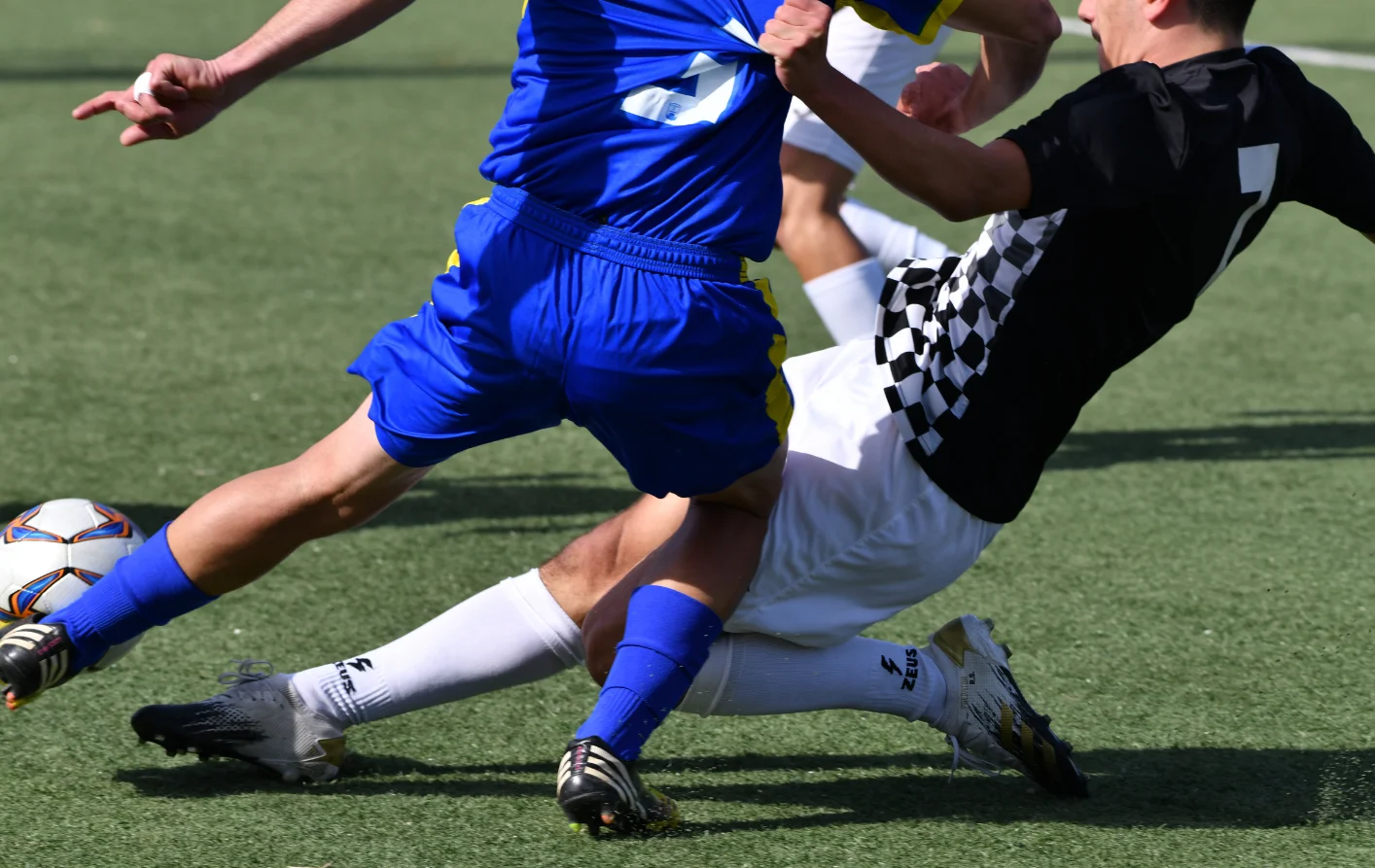
Are you entitled to compensation for a sports injury and if so, who can you sue?
Published on March 13, 2023 by Mahen Manokarathas
Injuries can occur any number of ways, at the home, in the office, during a lunch break and during sporting.
On 1 December 2022, the Australian Senate referred an inquiry into concussions and repeated head trauma in contact sports to the Senate Community Affairs References Committee which will report by 21 June 2023[1]. On 1 March 2023, The National Rugby League, Rugby Australia, Boxing Australia and Football Australia all fronted the hearing in Canberra where they acknowledged there being a link between head trauma and serious neurodegenerative disease[2].
With this acknowledgment, the question now arises as to whether players who have suffered from head trauma, serious neurodegenerative disease or any other long-standing disease, will have an entitlement to compensation and, if so, who can they sue? More broadly, it also raises the question of whether an injured person, be they a professional athlete or going to the gym during a work lunch break, has an entitlement to compensation for injury incurred in a sporting activity.
The Employer
Where an injured person can demonstrate an employee/employer relationship with their employer and they suffer injury in the course of their work, that person has an entitlement to compensation whether or not that injury was received at or away from the workplace: section 9 of the Workers Compensation Act 1987 (NSW)(‘the 1987 Act’)[3].
Where the injury occurs in the context of a sporting activity, the 1987 Act provides that the injured person has an entitlement to compensation if they meet the definition of a ‘worker’ as defined under section 4 of the 1998 Act [4] and suffers injury whilst:
- participating in an authorised activity (within the meaning of that Act) of that organisation, or
- engaged in training or preparing himself or herself with a view to so participating, or
- engaged on any daily or periodic journey or other journey in connection with the registered participant so participating or the registered participant being so engaged,
if, under the contract pursuant to which the registered participant does any of the things referred to above in this paragraph, the registered participant is not entitled to remuneration other than for the doing of those things.
Proving an employer/employee relationship to meet the definition of ‘worker’ is not always straightforward. A qualified and approved personal injury specialist can assist you with whether you meet the definition of a ‘worker’ as defined in the 1998 Act.
Where an injured person can demonstrate an employee/employer relationship exists, and that their employment was a ‘substantial contributing factor to the injury’ as defined under section 9A of the 1987 Act [5], the injured person may have an entitlement to compensation.
The entitlement to compensation extends to any circumstance whereby for reasons whether related or unrelated to their employment, they are ‘temporarily’ away from their place of work during any ordinary ‘recess’ and they suffer a ‘personal injury’.[6] Examples of this may include going to a gym during lunch break for which membership is paid or subsidised by the employer and/or where injury is sustained during that time away from work. It is important to note that the legislation precludes an entitlement to compensation during a ‘recess’ where the injured person is injured whilst exposing themselves to any ‘abnormal risk’[7].
These provisions do not apply where the injured person is a registered participant of a sporting organisation within the meaning of the Sporting Injuries Insurance Act 1978[8].
Negligent Third party
Where a person suffers injury or ‘harm’ as defined by the Civil Liability Act 2002 [9] and where the harm is caused by the ‘negligence’ of the third party in failing to exercise reasonable care and skill, the injured person may be entitled to compensation.
The CLA has undergone various legislative changes over the years to limit the scope for which a third party can be found to be negligent, particularly with regards to sporting injuries.
Section 5B of the CLA [10] provides that:
(1) A person is not negligent in failing to take precautions against a risk of harm unless:
(a) the risk was foreseeable (that is, it is a risk of which the person knew or ought to have known), and
(b) the risk was not insignificant, and
(c) in the circumstances, a reasonable person in the person’s position would have taken those precautions.
The scope is further limited by other provisions in the CLA whereby if the third party can demonstrate that there was an obvious risk in the activity that caused harm particularly where the activity is deemed to be a dangerous recreational activity.
Notwithstanding, there are circumstances in which a duty of care can be found to be owed by an organisation and/or administrator of a sporting activity or event. Circumstances where such a liability may arise might be where inadequate supervision was provided or where the organisation failed to provide a safe area in which the sport can be played. Where injury occurs in these circumstances, the injured person may have an entitlement to claim compensation against the negligent third party.
Sports Insurance or Insurance Generally
Where injury is sustained as a consequence of a sporting activity and a claim cannot be made against the employer or a negligent third party, enquiries should be made as to whether the organisation has a sporting insurance policy.
Where such a policy exists, the injured person may have an entitlement to benefits for death, temporary or permanent disablement, medical expenses, and loss of income.
Similarly, where injury is sustained generally and where a negligent third party cannot be identified, consideration should be given as to whether a claim under a personal insurance policy can be pursued, or under a total and permanent disablement policy which most injured persons will have an entitlement too through their superannuation provider.
If you or someone you know has suffered from an injury and need to understand whether you can pursue a claim for compensation against an employer, a negligent third party or an insurer, a qualified and approved personal injury specialist can assist you with a free initial consultation.
Please contact Joshua Dale, Partner on 02 8226 7345 or Mahen Manokarathas, Special Counsel on 02 9291 7160 for assistance with your personal injury matter.
[1] Parliament of Australia, Concussions and repeated head trauma in contact sports (Feb 2023) <https://www.aph.gov.au/Parliamentary_Business/Committees/Senate/Community_Affairs/Headtraumainsport#:~:text=On%201%20December%202022%2C%20the,report%20by%2021%20June%202023>
[2] ABC News, Senate inquiry into concussion told of rugby league great Steve Folkes’s difficult final days (Mar 2023) <https://www.abc.net.au/news/2023-03-01/steve-folkes-cte-death-concussion-senate-inquiry/102041518>
